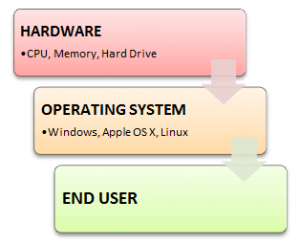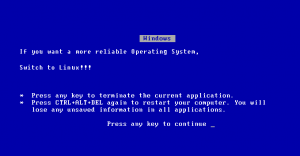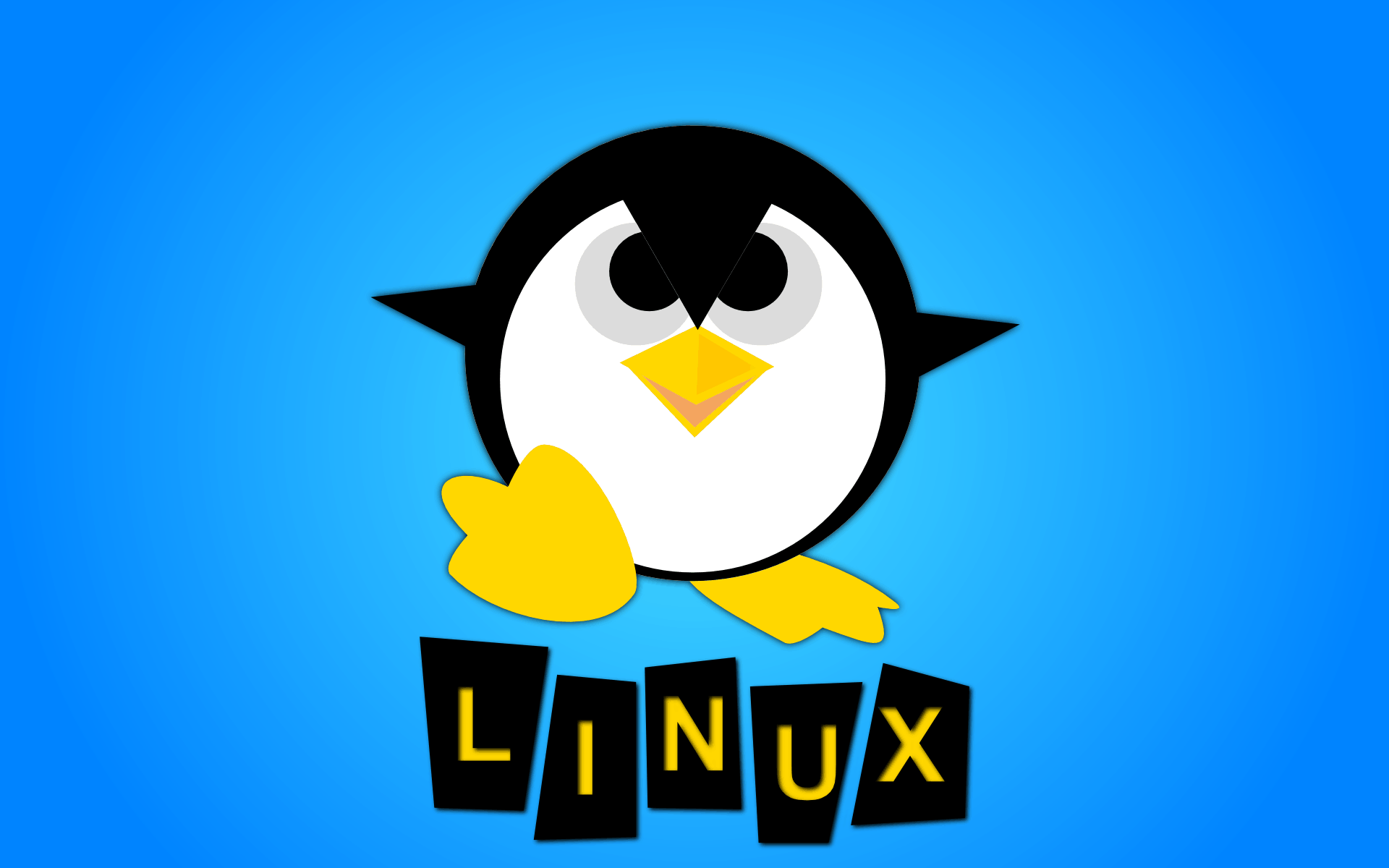Introduction to the Linux Operating System
Before we learn Linux, let’s understand-
What is an Operating System?
Every time you switch on your computer, you see a screen where you can perform different activities like write, browse the internet or watch a video. What is it that makes the computer hardware work like that? How does the processor on your computer know that you are asking it to run an mp3 file?
Well, it is the operating system or the kernel which does this work. A kernel is a program at the heart of any operating system that takes care of fundamental stuff, like letting hardware communicate with software.
So, to work on your computer, you need an Operating System(OS). In fact, you are using one as you read this on your computer. Now, you may have used popular OS’s like Windows, Apple OS X but here we will learn what Linux is and what benefits it offers over other OS choices.

What is Linux?
Linux is an operating system or a kernel. It is distributed under an open source license. Its functionality list is quite like UNIX.
Who created Linux?

Linux is an operating system or a kernel which germinated as an idea in the mind of young and bright Linus Torvalds when he was a computer science student. He used to work on the UNIX OS (proprietary software) and thought that it needed improvements.
However, when his suggestions were rejected by the designers of UNIX, he thought of launching an OS which will be receptive to changes, modifications suggested by its users.
The Lone Kernel & the early days
So Linus devised a Kernel named Linux in 1991. Though he would need programs like File Manager, Document Editors, Audio -Video programs to run on it. Something as you have a cone but no ice-cream on top.
As time passed by, he collaborated with other programmers in places like MIT and applications for Linux started to appear. So around 1991, a working Linux operating system with some applications was officially launched, and this was the start of one of the most loved and open-source OS options available today.
The earlier versions of Linux were not so user-friendly as they were in use by computer programmers and Linus Torvalds never had it in mind to commercialize his product.
This definitely curbed the Linux’s popularity as other commercially oriented Operating System Windows got famous. Nonetheless, the open-source aspect of the Linux operating system made it more robust.
Linux gets its due attention

The main advantage of Linux was that programmers were able to use the Linux Kernel to design their own custom operating systems. With time, a new range of user-friendly OS’s stormed the computer world. Now, Linux is one of the most popular and widely used Kernel, and it is the backbone of popular operating systems like Debian, Knoppix, Ubuntu, and Fedora. Nevertheless, the list does not end here as there are thousands of OS’s based on Linux which offer a variety of functions to the users.
Linux Kernel is normally used in combination of GNU project by Dr. Richard Stallman. All modern distributions of Linux are actually distributions of Linux/GNU
The benefits of using Linux
Linux now enjoys popularity at its prime, and it’s famous among programmers as well as regular computer users around the world. Its main benefits are –
It offers a free operating system. You do not have to shell hundreds of dollars to get the OS like Windows!

- Being open-source, anyone with programming knowledge can modify it.
- The Linux operating systems now offer millions of programs/applications to choose from, most of them free!
- Once you have Linux installed you no longer need an antivirus! Linux is a highly secure system. More so, there is a global development community constantly looking at ways to enhance its security. With each upgrade, the OS becomes more secure and robust
- Linux is the OS of choice for Server environments due to its stability and reliability (Mega-companies like Amazon, Facebook, and Google use Linux for their Servers). A Linux based server could run non-stop without a reboot for years on end.
Is it for me?

Users, who are new to Linux, usually shun it by falsely considering it as a difficult and technical OS to operate but, to state the truth, in the last few years Linux operating systems have become a lot more user-friendly than their counterparts like Windows, so trying them is the best way to know whether Linux suits you or not.
There are thousands of Linux based operating systems; most of them offer state-of-the-art security and applications, all of it for free!
This is what Linux is all about, and now we will move on to how to install Linux and which Distribution you should choose.
I am asked to Learn Unix? Then why Linux?
UNIX is called the mother of operating systems which laid out the foundation to Linux. Unix is designed mainly for mainframes and is in enterprises and universities. While Linux is fast becoming a household name for computer users, developers, and server environment. You may have to pay for a Unix kernel while in Linux it is free.
But, the commands used on both the operating systems are usually the same. There is not much difference between UNIX and Linux. Though they might seem different, at the core, they are essentially the same. Since Linux is a clone of UNIX. So learning one is the same as learning another.


